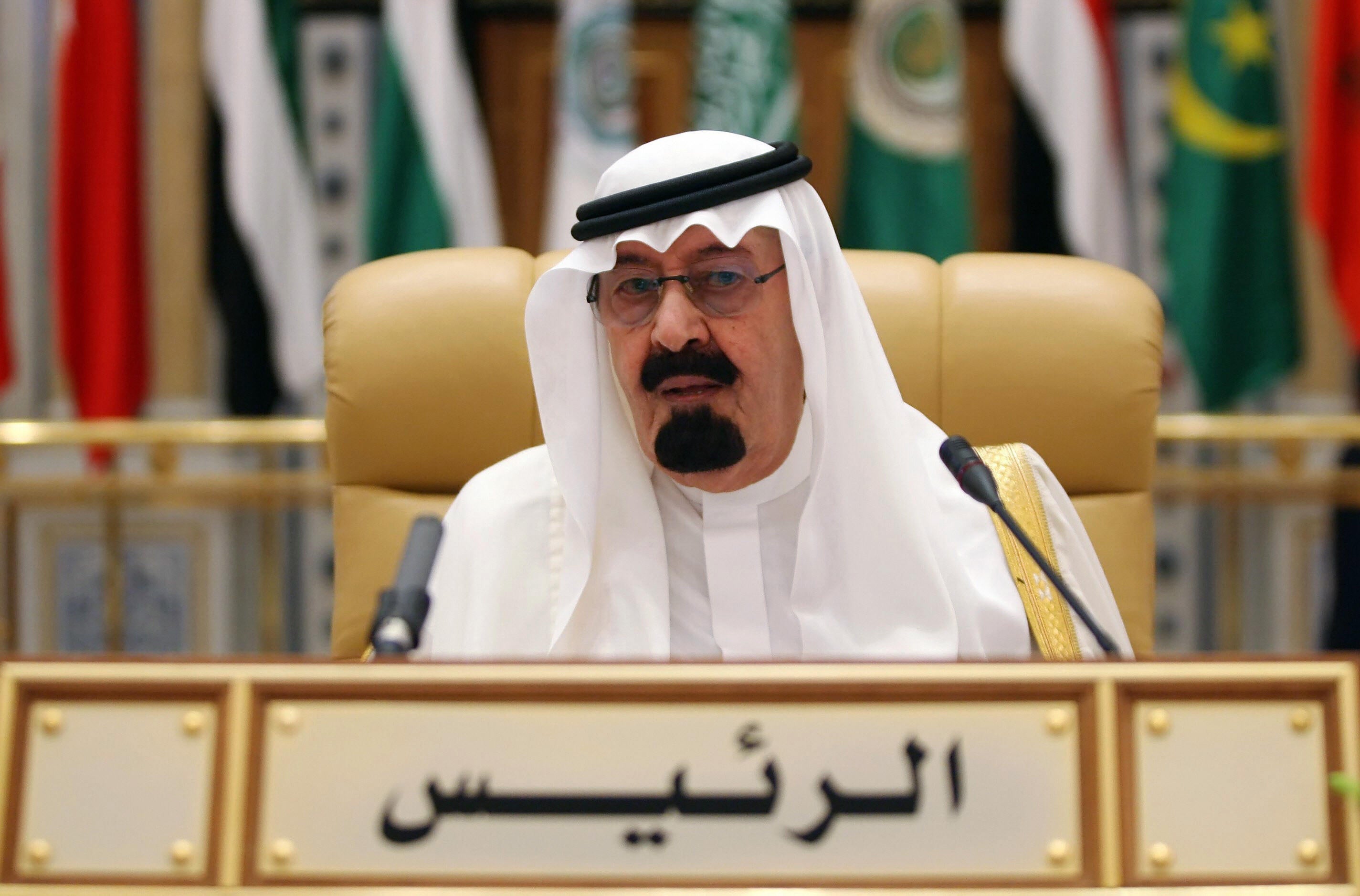Saudi Arabia executes 19 in one half of August in 'disturbing surge of beheadings'
The Saudi Arabian Ministry of Interior said King Abdullah bin Abdulaziz Al Saud is keen on combating narcotics due to their "great harm"

Saudi Arabia has beheaded at least 19 people since the beginning of August in a surge of executions, the Human Rights Watch (HRW) has said.
The deaths relate to the period from 4 to 20 August and are included in the 34 deaths ordered since the beginning of January.
According to HRW, international standards require that capital punishment should only be reserved for the “most serious crimes” in countries that still use it.
Offences that resulted in the Saudi Arabian death penalties in August ranged from drug smuggling and sorcery.
Four smugglers were executed on 18 August for smuggling a “large quantity of hashish” into the country amid an effort by King Abdullah bin Abdulaziz Al Saud and the government to tackle the social ill of narcotics and warned that anyone else doing the same would also be punished “according to Sharia”, the Saudi Press Agency said.
Ten places where most executions were carried out in 2013
Show all 10The men were all part of the same family and their deaths were condemned by Amnesty as being part of the “disturbing” surge in executions. Reuters reported that their confessions may have been obtained through torture.
Mohammed bin Bakr al-Alawi was beheaded on 5 August for allegedly practicing black magic sorcery, the Saudi Gazette reports, while according to Amnesty, a mentally ill man, Hajras al-Qurey, has been sentenced to death for drug trafficking “after an unfair trial” and will be killed on 25 August.
Al-Qurey’s son had reportedly confessed to drug smuggling and said that his father was unaware that the contraband was in the car.
The elder claims to have been beaten into confessing, despite repeatedly exclaiming that he was innocent and that he suffered a mental disability. He was held criminally liable despite an examination finding symptoms of mental illness including auditory hallucinations.
His son was sentenced to 20 years in prison and 1,000 lashes.
“Any execution is appalling, but executions for crimes such as drug smuggling or sorcery that result in no loss of life are particularly egregious,” said Sarah Leah Whitson, Middle East and North Africa Director at HRW.
“There is simply no excuse for Saudi Arabia’s continued use of the death penalty, especially for these types of crimes.
“The current surge in executions in Saudi Arabia is yet another dark stain on the kingdom’s human rights record.”
Other executions included that of a Saudi who had been convicted of killing his wife with a knife while she slept, and another man who allegedly tortured and beat his toddler son to death.
“The recent increase in executions in Saudi Arabia is a deeply disturbing deterioration. The authorities must act immediately to halt this cruel practice,” Said Boumedouha, Deputy Director of Amnesty International’s Middle East and North Africa Programme, said earlier this week.
“The death penalty is always wrong, and it is against international law to use it in cases involving non-lethal crimes and where evidence used to convict the person is based on ‘confessions’ extracted as a result of torture.”
Subscribe to Independent Premium to bookmark this article
Want to bookmark your favourite articles and stories to read or reference later? Start your Independent Premium subscription today.

Join our commenting forum
Join thought-provoking conversations, follow other Independent readers and see their replies